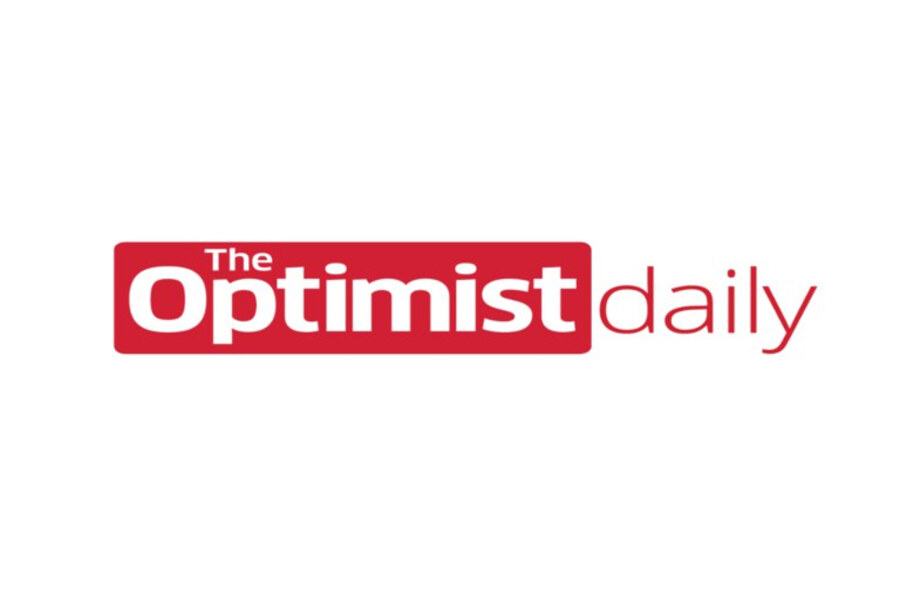From The Intelligent Optimist
Summer 2016
 Commentary: Mark Schalekamp is a journalist, writer and “social entrepreneur” whose home country is the Netherlands.
Commentary: Mark Schalekamp is a journalist, writer and “social entrepreneur” whose home country is the Netherlands.
“Right now there are already around one million Erasmus babies,” one of my “Youropean” interview subjects remarked. Erasmus babies? Yes, it’s the result of participants finding life partners in the
European Union’s Erasmus student exchange program. I had heard the number of one million before, although to me it seemed a bit exaggerated, considering that only three million students have taken part since 1987. A study by the European Commission suggests that more than 25 percent of those who were in the program procreated with another Erasmus participant. Whatever the numbers, it is a fact that Erasmus literally contributes to European integration.
I, too, hoped to contribute, but in a different way. In June 2013 I set off on a two-year tour around EU capitals, interviewing eight people in each city about living and working in Europe: a physician, a hairdresser, a policeman, a sex worker, an immigrant, a local celebrity, an artist and an entrepreneur. Youropeans is what I called this tour, and I was hoping to contribute to a kind of European club feel by recording and widely reporting their stories.
That club called EU, of which we are members, exists and is exerting an ever-increasing influence on our daily lives, such as when our neighbors come to work in our countries, or when we visit their countries. And while the union has grown larger and more important, its popularity has sharply decreased. Because the EU is all wrong. Brussels is an undemocratic lair, where faceless technocrats concoct finicky little rules pertaining to cheese that can no longer be produced in the traditional manner, olive oil that cannot be put on restaurant tables in open bottles, bananas that must be straight. Really important issues, such as the recent financial crisis, have been tackled halfheartedly, and the immigration problem is getting out of hand because the EU is doing nothing about it.
“Yes, we have a short memory” is the terse reaction of Herman Van Rompuy, recently resigned president of the European Council, when I put this criticism to him. He is my Youropean celebrity for Brussels. We have forgotten that we have known 70 years of peace, thanks to that united Europe; we enjoy greater prosperity, and travel is easier. But the EU is sluggish, and maybe it expanded too rapidly. Unfortunately, Brussels does not really have the means to refresh the memory of Europeans, or to explain that quite a lot of things are going well.
“This EU is a cathedral, not a shed,” I frequently heard. It takes more than a few years to build it up. Just as it will take time before we consider ourselves Europeans. Africanness exists. “It is called Ubuntu—I am because we are,” explained Max, a social entrepreneur in Ljubljana. But do you feel European? That is trickier. No, said the Irish and the British, for example. No, said Italian actress Sara: “Actually, I hardly feel Italian.” But yes, said those who had traveled extensively, like professional soccer player Henrik Larsen, who competed all over the Continent for years. Or Phil May, who said that as the lead singer of the Pretty Things he saw every stage and every pub in Europe. “Europe is like a house with many rooms,” he said.
The funny thing is that, when it comes to Europe, we tend to emphasize the differences, as demonstrated by the EU motto—United in Diversity—while we have at least as much in common, and there really is such a thing as European culture, as a result of centuries of trade, war, migrations, exchanges and the travels of writers, composers and painters, not to mention our Judeo-Christian roots. And we also have a common language, English.
Until now, European cooperation was mainly of an economic nature. Social cohesion was never considered all that important, even though it is vital for the success of the European project. Therefore, the Erasmus exchange program is a good thing. And sports can also play a positive role. It is worth trying to select European teams for various sports, which can take on teams from other continents, following the good example of the Ryder Cup, the prestigious biennial golf competition between America and Europe.
Ylva, a doctor in Stockholm, pointed to a very practical reason for our sense of connection. According to her, it’s low-cost airline Ryanair that has contributed most to European integration, because through discount carriers like it, including EasyJet, Air Berlin, Vueling and Transavia, people can travel and get to know one another’s countries. “In the old days everyone used to travel to London, Paris and Copenhagen from time to time. But nowadays people, and particularly young people, go to Belfast, Krakow or Prague for the weekend, to cities you might not otherwise have visited, simply because it costs next to nothing to go.”












